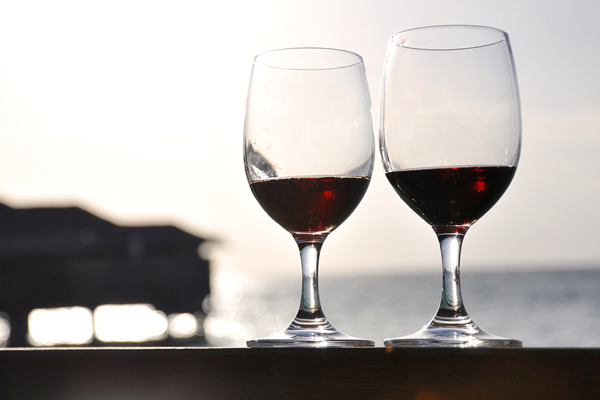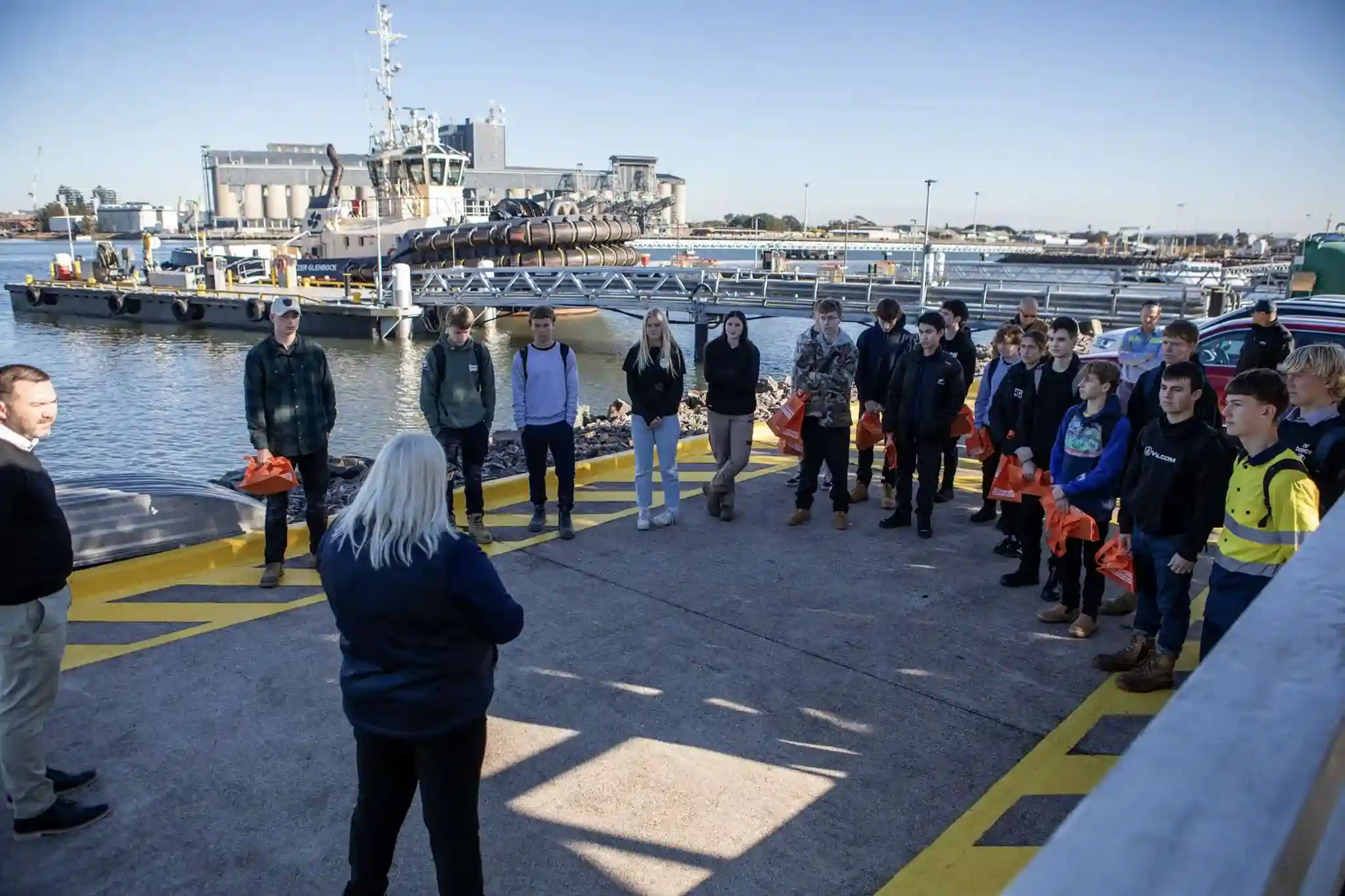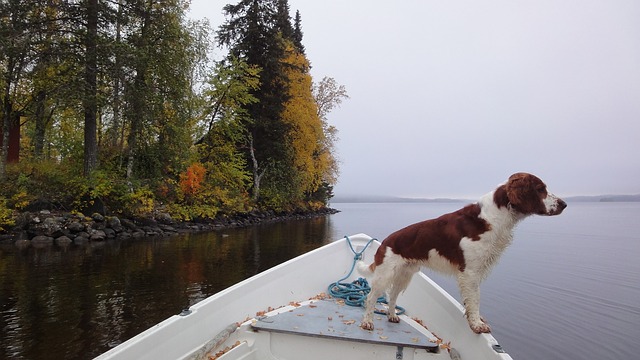There are few things more enjoyable than having a nice, relaxing drink whilst out on your boat. However, none of this should come at the expense of safety, as the authorities in Central Queensland and other areas are out to prove. In September of 2016, a new operation targeting people under the influence of drugs and alcohol on the water kicked off across the area. In addition to random breath tests, vessels are also being monitored for speed detection, making sure that children are wearing personal floatation devices and that vessels are carrying the required equipment.

Before you head out on the water this summer for some fun and excitement of your own, it’s important to understand the rules that you must adhere to in order to look out for not just your own safety, but for others as well. Many people are confused as to the amount of alcohol they can legally consume when boating, so education is paramount to avoid potential tragedy and criminal prosecution.
Queensland
In Queensland, if you’re in charge of a class 1 commercial vessel, it is important for you to understand that you are legally required to have a blood alcohol limit of ZERO at all times. This means even finishing a half of a drink in a short period of time will put you over the limit, creating a dangerous situation for everyone around you and subjecting you to severe fines and other penalties.
People in charge of all other recreational vessels must have a blood alcohol limit of less than 0.05. The skipper of all other boats must not only maintain the same blood alcohol limit, but are also responsible for monitoring the safety of passengers in their presence. Recreational boats are subject to the same limits – even if you’re anchored, unless you are properly moored in a marina.
As far as drugs are concerned, police can ask at any time for a saliva sample to determine if you are under the influence of illegal substances such as THC, Methyl amphetamine, MDMA and more.
New South Wales
In NSW waters, alcohol limits are the same on the seas as they are on the roads. Anyone in charge of a vessel must keep his or her blood alcohol limit below 0.05. If you are operating a vessel and happen to be under the age of 18-years-old, you are forbidden from consuming alcohol.
Maritime Training Courses Help Keep You Safe
In addition to helping you obtain your boat licence, the types of maritime training courses offered by Maritime and Safety Training can help make sure you always know where you stand with regards to drug and alcohol limits on the water. Remember, when you choose to ignore these rules and increase your consumption, you are not only at a higher risk of drowning should you fall into the water – you’re endangering the lives of everyone around you at the same time.
If you’d like to find out more about the maritime training courses available in NSW and Victoria, please contact Maritime and Safety Training today.




